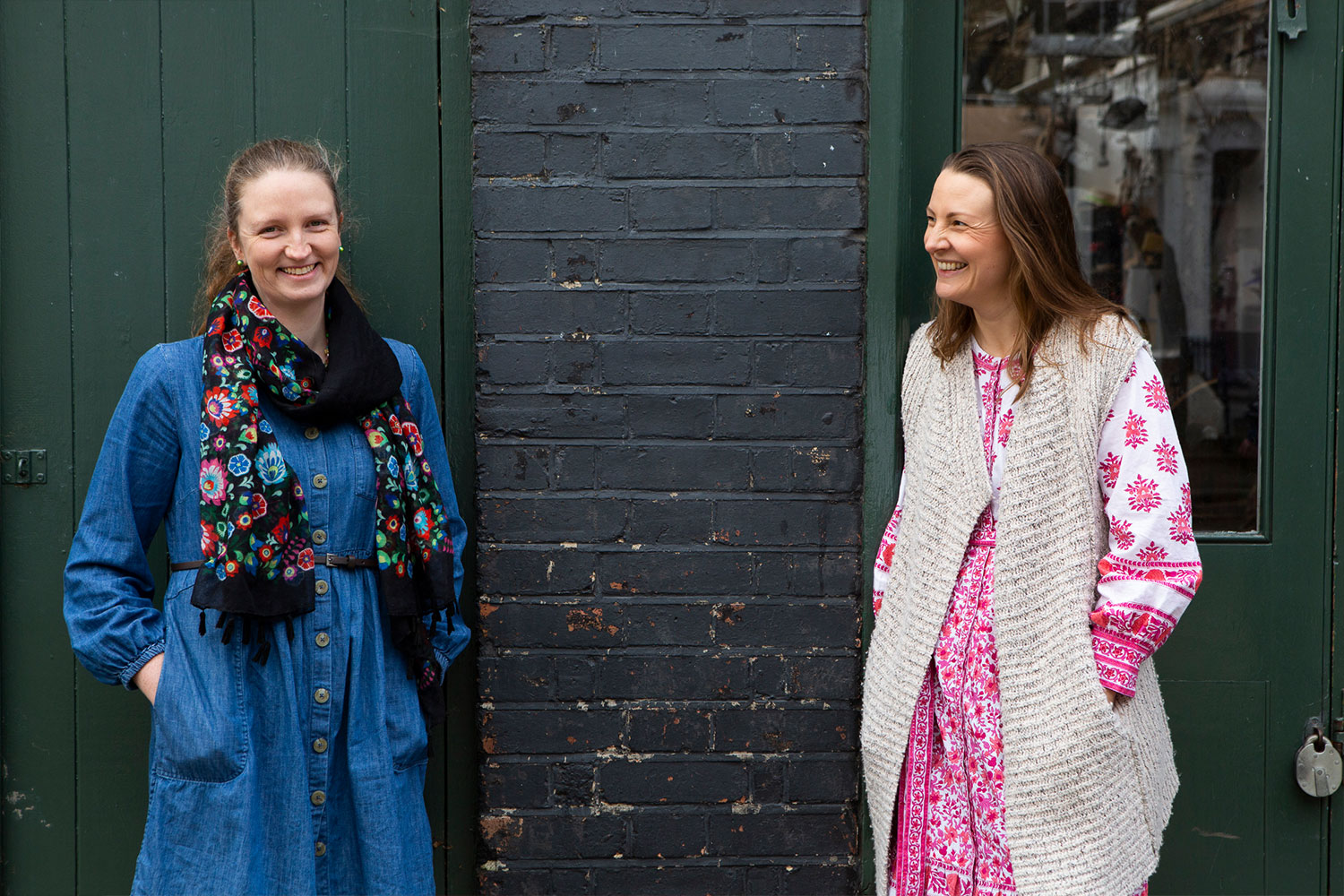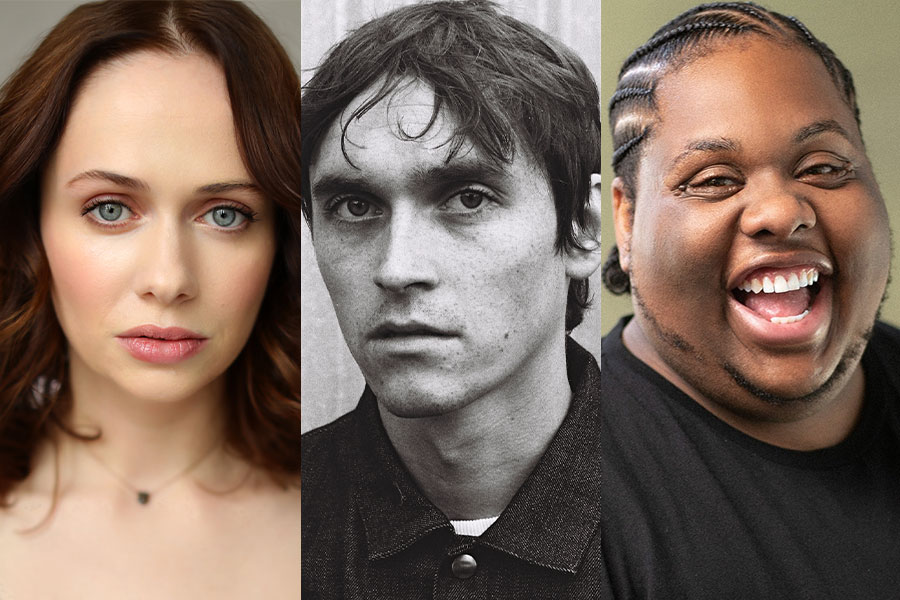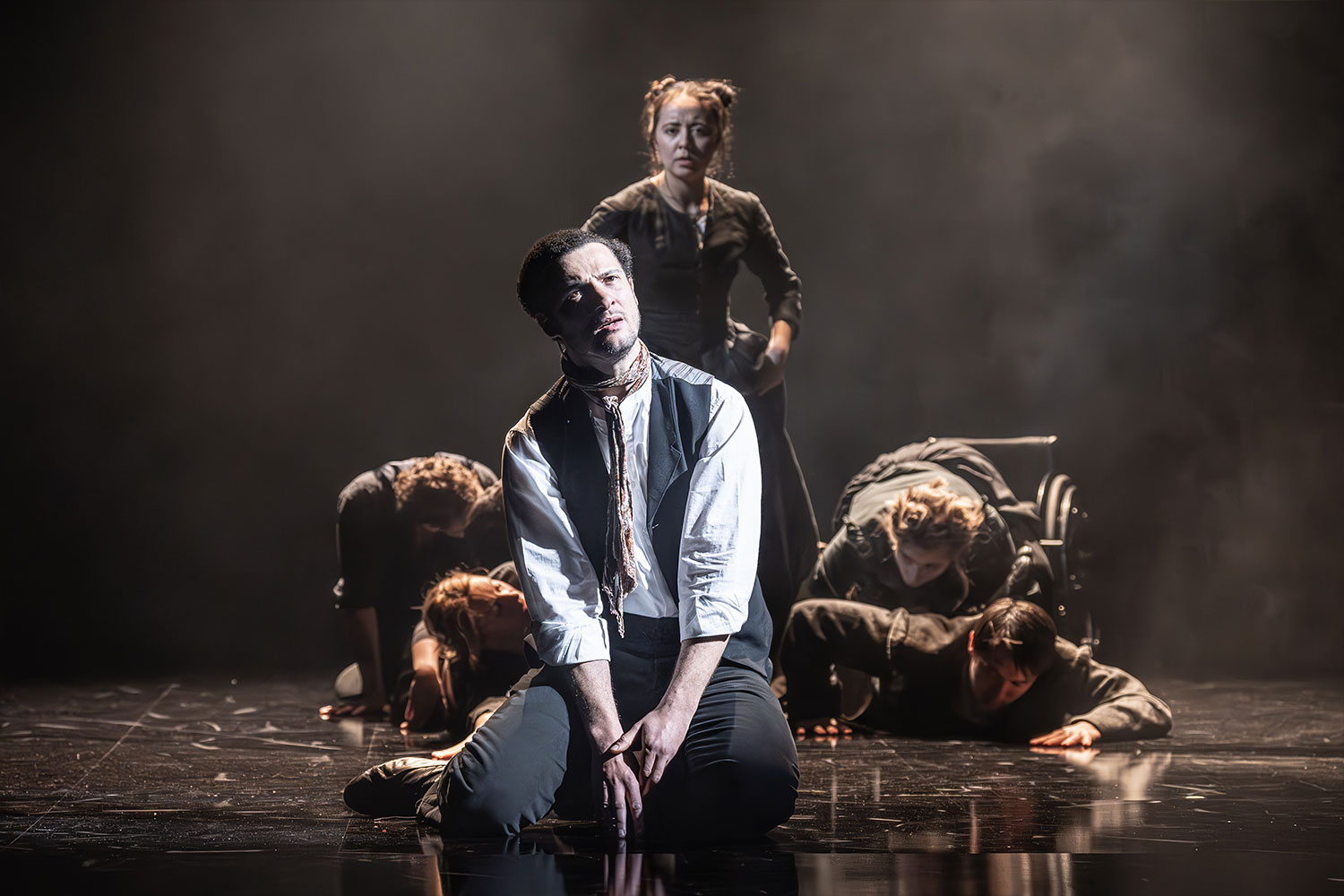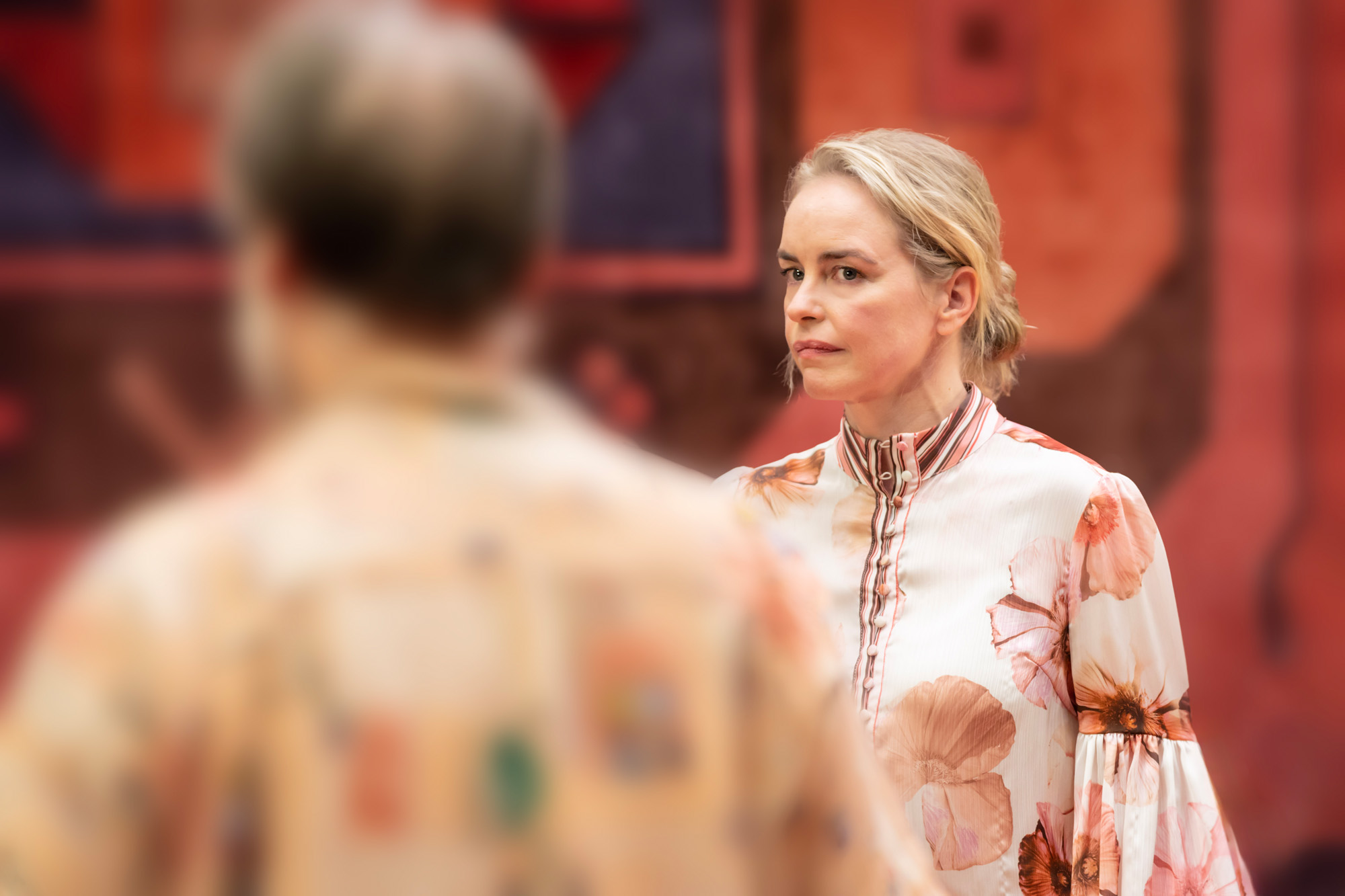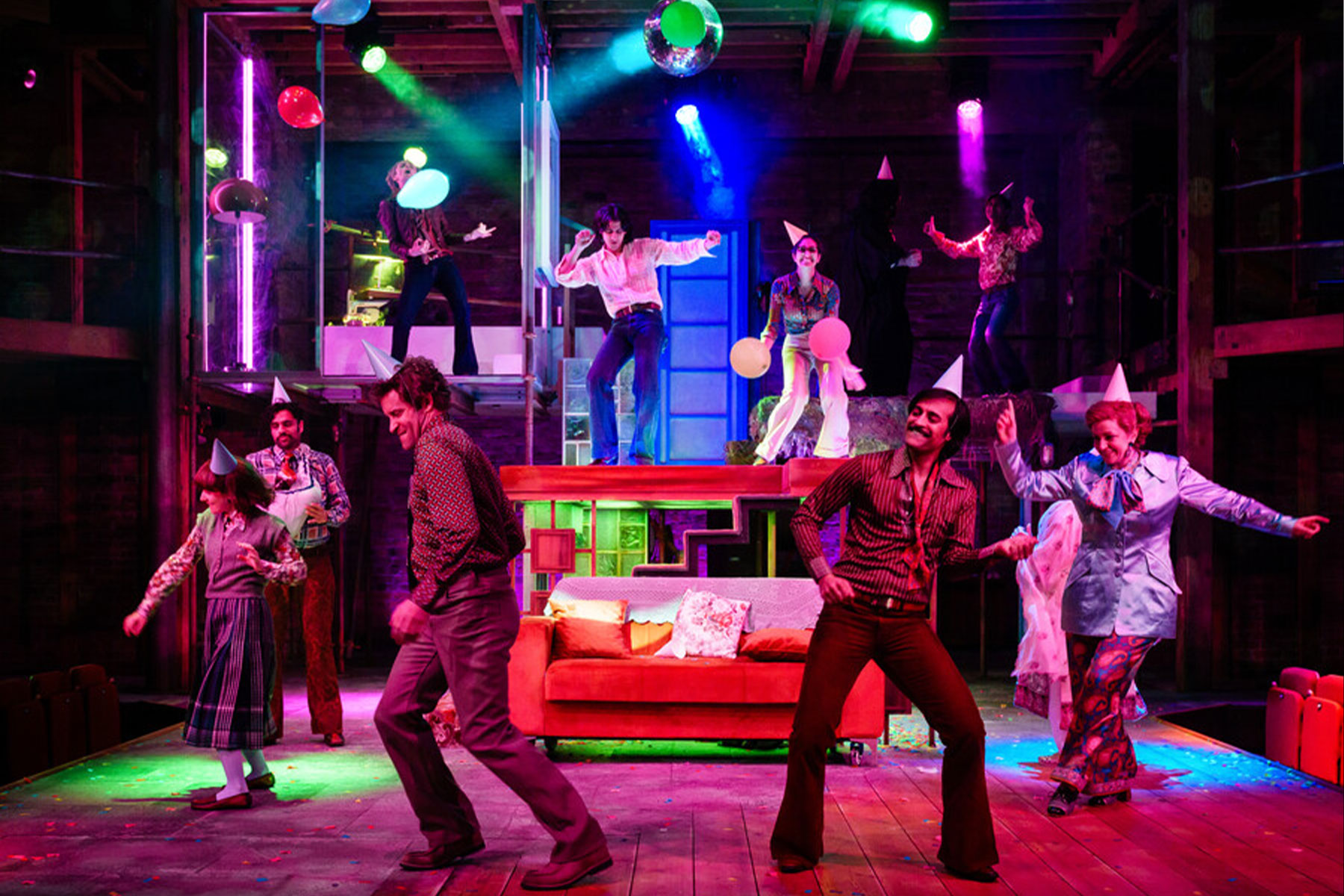Master Builder
London’s impromptu Ibsen festival that began with Ingmar Bergman‘s production of Ghosts (in Swedish as part of BITE:03) and continued with Natasha Richardson and Ralph Fiennes in The Lady From the Sea and Brand respectively, now continues with a new production of The Master Builder.
And I’m tempted to cry out ‘Beam me up, Scotty’, not just because the title role is being taken by Patrick Stewart (the former long-standing RSC actor who went on to a more financially productive career captaining the Star Ship Enterprise in Star Trek) but also so I can escape the Norwegian doom-monger.
His are painstakingly depressing tales of lofty aspirations (literally so in this case of the story of a builder, Halvard Solness, who used to be responsible for the highest church towers in the world) and the very human failures to meet them. “The seductiveness of the impossible – how it calls to you”, says Solness (Stewart) here, and it’s in his dogged pursuit of it that his life unravels, as it does, too, for the title characters of Brand and The Lady From the Sea. (Only in the latter it is finally resolved without death).
Exactly ten years before The Master Builder begins, Solness made a huge impression on a 12-year-old girl when he hung a wreath from the top of the steeple of a tower he’d just completed. Since then, his family home has gone up in flames, and even as he’s built his career from its ashes, he has lost his twin young sons as a direct result.
With his perpetually resentful wife at his side, he has traded happiness for success and in the process, lost his appetite for heights, too. Now he builds houses, not towers. As the girl – now a young woman, Hilda Wangel – reappears in his life, she’s a catalyst to remind him of the gulf that exists between not only himself and his wife, but also between whom he was and is now.
The play, rich in symbols and metaphors of the gap between the idealism of youth and the disappointments of age, is a bleak long day’s journey towards enlightenment. Anthony Page‘s handsome but uninspired production stubbornly resists taking flight despite solid performances all around. As well as a mostly subdued Stewart, there’s a brightly vivacious newcomer Lisa Dillon as the eager young Hilda, while Sue Johnston – the troubled matriarch of Brookside’s Grant family and the blissfully vacuous one of the Royle’s – adds to her collection of long-suffering wives as Aline Solness.
– Mark Shenton



